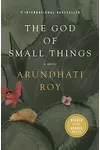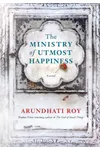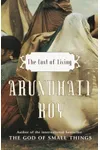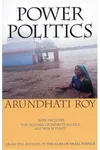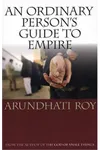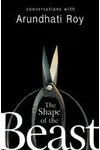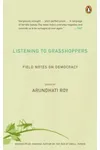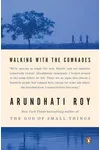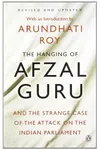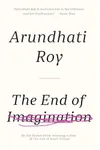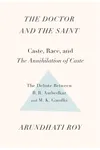Picture an Indian storyteller whose words weave magic and challenge the status quo—meet Arundhati Roy! Born in 1961, Roy burst onto the literary scene with her Booker Prize-winning novel, The God of Small Things, a lush, heartbreaking tale of love and caste. Beyond her fiction, she’s a fearless activist, using her pen to champion human rights and environmental justice, captivating readers worldwide with her lyrical prose and bold convictions.
Roy’s journey is as vibrant as her writing. From her eclectic upbringing to her global influence, her story is one of courage and creativity. Let’s dive into the life, works, and legacy of this literary icon who continues to inspire and provoke.
The Making of Arundhati Roy
Arundhati Roy was born on November 24, 1961, in Shillong, Meghalaya, India, to a Bengali Hindu father and a Syrian Christian mother. Raised in Kerala, her unconventional childhood—marked by her mother’s activism and a bohemian lifestyle—shaped her empathetic worldview. Roy initially pursued architecture but found her calling in writing, starting with screenplays and essays. Her leap to fiction came with The God of Small Things, a semi-autobiographical novel that took four years to craft and skyrocketed her to fame in 1997.
Arundhati Roy’s Unforgettable Stories
Roy’s debut, The God of Small Things, is a masterpiece of nonlinear storytelling, blending lush prose with themes of caste, forbidden love, and family tragedy. Set in Kerala, it follows twins Rahel and Estha, whose lives unravel amid societal constraints. The novel’s vivid imagery and emotional depth earned it the 1997 Booker Prize, cementing Roy’s place in literary history.
While Roy hasn’t matched the prolific output of some authors, her nonfiction is equally compelling. Works like The Algebra of Infinite Justice (2001) and Capitalism: A Ghost Story (2014) showcase her incisive essays on globalization, war, and inequality. Her second novel, The Ministry of Utmost Happiness (2017), weaves a sprawling tale of marginalized lives in India, from hijras to Kashmiris, with her signature poetic style. Roy’s writing is intimate yet political, blending personal stories with critiques of power.
Her style—lyrical, layered, and unafraid—mirrors her activism. Whether in fiction or essays, Roy tackles injustice with a storyteller’s heart, making complex issues accessible and urgent. Her works resonate globally, translated into dozens of languages, yet remain deeply rooted in India’s social fabric.
Why Arundhati Roy Matters
Arundhati Roy’s impact transcends literature. Her fiction humanizes the marginalized, while her activism—whether protesting dams or critiquing militarism—amplifies their voices. She’s faced legal battles and backlash for her outspoken views, yet remains unbowed, inspiring writers and activists alike. Roy’s ability to blend art and advocacy has made her a cultural force, challenging readers to question power and embrace empathy.
Her legacy lies in her courage to speak truth to power, whether through a novel’s tender prose or an essay’s sharp critique. For readers, Roy offers a lens into India’s complexities and humanity’s shared struggles, making her work timeless and vital.
- Born: November 24, 1961, Shillong, India
- Key Works: The God of Small Things, The Ministry of Utmost Happiness, The Algebra of Infinite Justice
- Awards: 1997 Booker Prize, Sydney Peace Prize (2004)
- Fun Fact: Roy trained as an architect before becoming a writer!
About Arundhati Roy
Snag The God of Small Things and dive into Arundhati Roy’s world of lyrical storytelling and fearless truth-telling. Her words will linger long after the final page!
